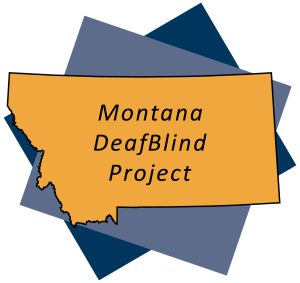
The focus of this initiative is to support highly qualified personnel across the state in serving students with combined hearing and vision loss. Building capacity of personnel will support the recognition, training, and certification of teachers, para-educators, interveners, related service providers, and others working with children who are DeafBlind.
Interveners
The National Center on DeafBlindness, through data collection activities, defines Interveners, as individuals who provide access to information and communication and facilitate the development of social and emotional well-being for children who are DeafBlind. In educational* environments, intervener services are provided by an individual, typically a paraeducator, who has received specialized training in DeafBlindness and the process of intervention. An intervener provides consistent one-to-one support to a student who is DeafBlind (age 3 through 21) throughout the instructional day.
- NCDB Tools to Employ and Support Interveners – Describes intervener roles and responsibilities, how to navigate the employment process, and intervener training and certification.
- Are Intervener Services Appropriate for Your Student with DeafBlindness? An IEP Team Discussion Guide
Resources
- Open Hands, Open Access (OHOA) DeafBlind Intervener Learning Modules– These modules are designed to increase awareness, knowledge, and skills related to intervention for students who are DeafBlind.
- Contact us to learn more about our partnership with the California DB Project and San Diego State University Intervener Training Program.
- NCDB Professional Development for Educators Series: Teaching Children Who Are Deafblind – Practical, need-to-know information essential for working with children who are DeafBlind.
- NCDB Professional Development Webinar Series: Research in DeafBlindness– Access webinars focused on recent research from the field of DeafBlindness recorded between December 2016-June 2017
- NCDB Interveners and Qualified Personnel Initiative– Find resources and tools for technical assistance and support


